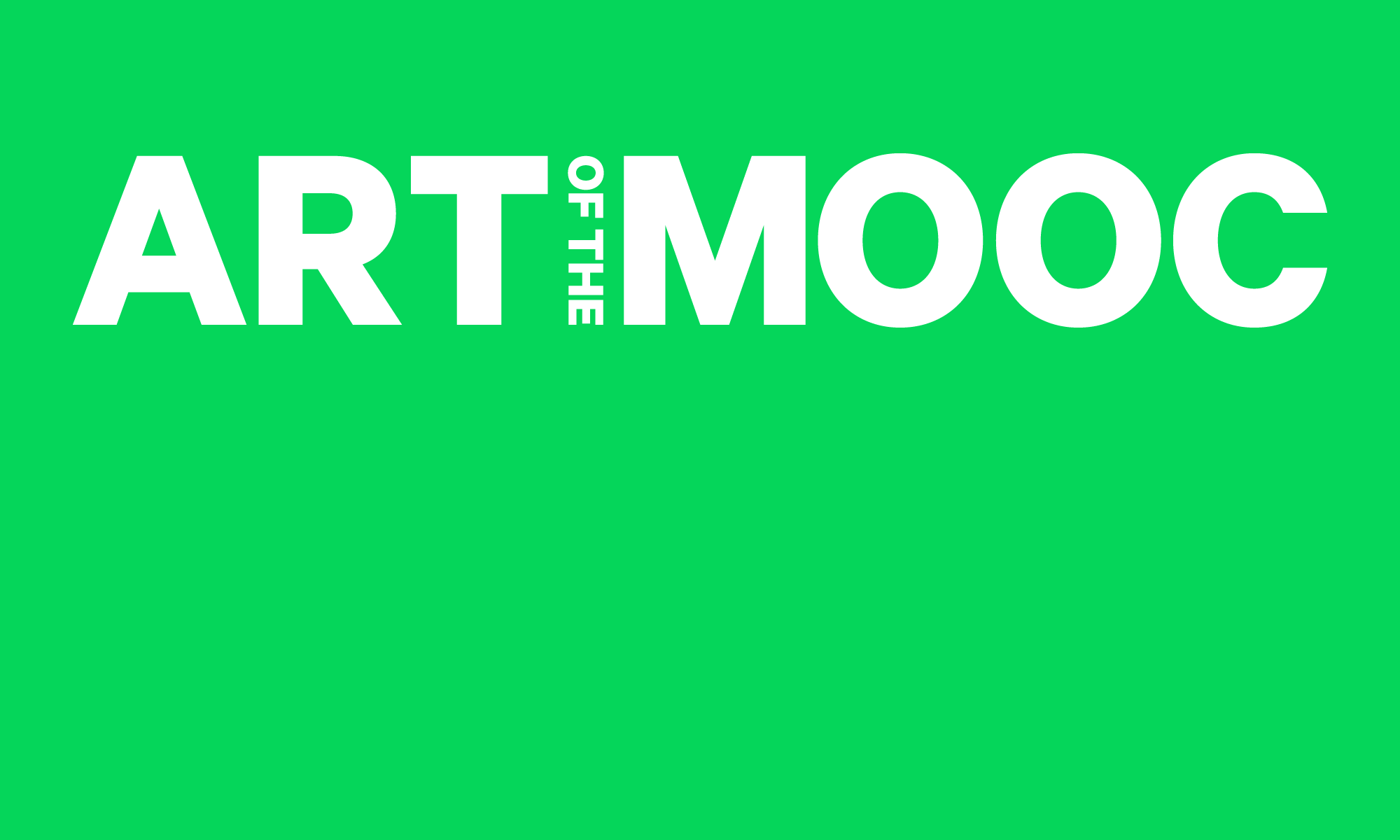When I think of the nexus between art and education, “art classes” and “how-to workshops” often come to mind. But, this weeks’ video lectures have raised the idea of art being less of a skill to learn, rather art as the structure through which someone learns.
As I began senior year of high school, I started to define what I consider the true value of an education. Yes, topics such as algebra and English provide fundamental skills which other subjects are derived from. However, I questioned whether how well someone can absorb and recall information is an accurate measure of intelligence.
During my first semester at Duke, I was a participant in the Ethics, Leadership, and Global Citizenship Focus program, through which I took seminars including “Globalization and Corporate Citizenship” and “Human Rights and World Politics.” These classes were fascinating and beneficial to take, but not because of new knowledge I acquired, rather the development of my perspectives. For example, I had always considered the solution to environmental problems either political or technological, such as fighting climate change through geoengineering or a carbon tax. However, my professor exposed our class to the idea that capitalism and environmentalism are inextricably linked: as our economy grows, our environment is harmed, and only a change in our economic pursuits can reverse the trend of environmental degradation. Whether or not I agreed with this perspective was not the measure of success, but how I entertained and engaged with this philosophy was. I came out of the class with more questions than answers. But, as our classes are supposed to prepare us for the future, I believe understanding the broader questions is more valuable than having answers for specific circumstances guided by particular assumptions.
Too often the benefits of taking a class end after the final exam, as the material is only applicable within one discipline. I believe the solution to this challenge is using classes to train people how to think. Especially at Duke, students have incredible diversity of thought. Rather than suppressing this, we should leverage this; classes should help us brainstorm, evaluate, challenge, and adapt our perspectives. The role of the professor transforms from being a teacher to being a facilitator; fostering our academic and personal growth simultaneously.
To some, this proposal may appear as a mere shift in class time distribution from less lecturing and more discussing. But, I believe this idea is a paradigm shift in the entire purpose of education and function of the classroom. No longer will grades on multiple-choice, true/false, or fill-in-the-blank quizzes and tests be the modes of academic evaluation, rather the depth and breadth of how we think and why would be leveraged; a true work of art.
